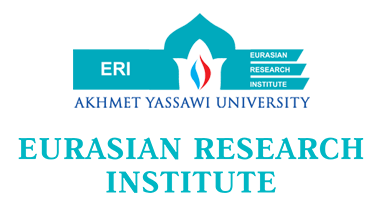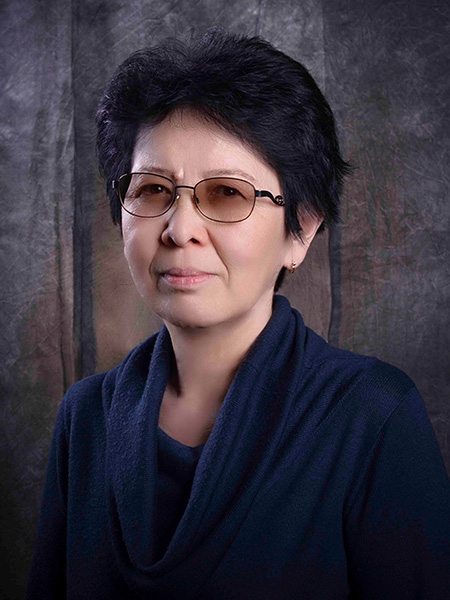Gulnar Nadirova
Gulnar Nadirova
Senior Research fellow
Nadirova Gulnar Ermuratovna graduated from the Oriental Faculty of Leningrad State University, in 1990 she defended her thesis on the Algerian literature at the Moscow Institute of Oriental Studies, in 2006 doctoral thesis - on modern Tunisian literature at the Tashkent Institute of Oriental Studies, Professor.











